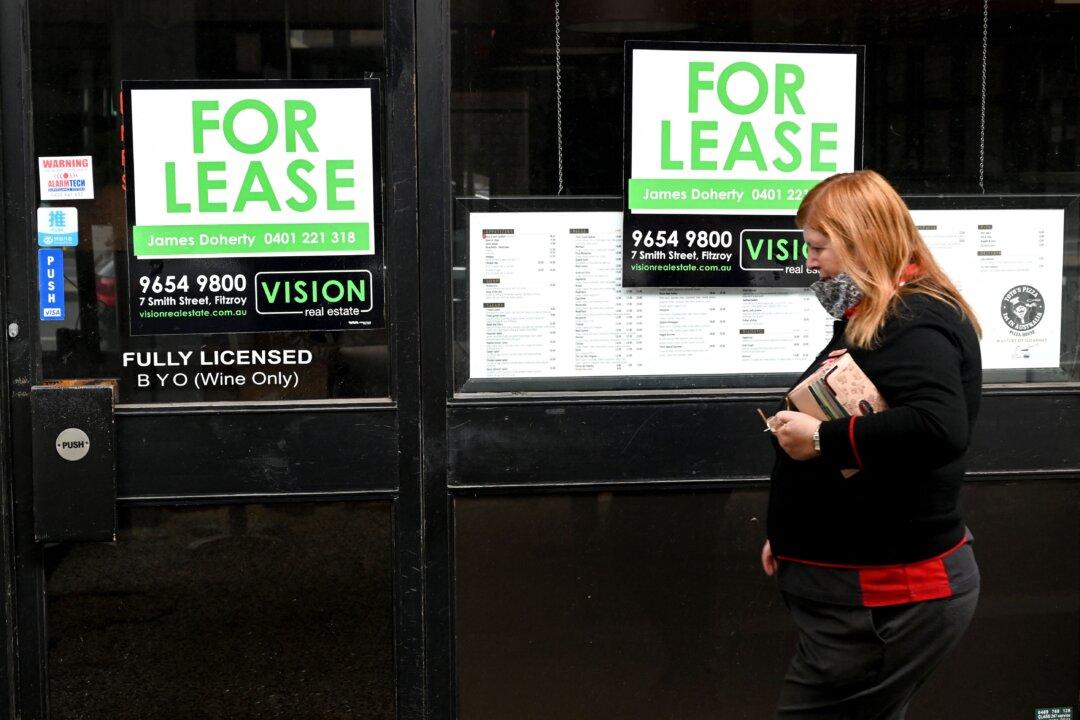Small businesses across Australia would have to endure extra pressure after a tough start to 2022 due to the Omicron variant if banks raise their interest rates, CreditorWatch found.
The Australian credit reporting agency said that the latest results of its monthly business risk index projected a gloomy prospect for the business community and suggested that the Australian economy had to make more progress before getting rid of the pandemic’s impacts.





